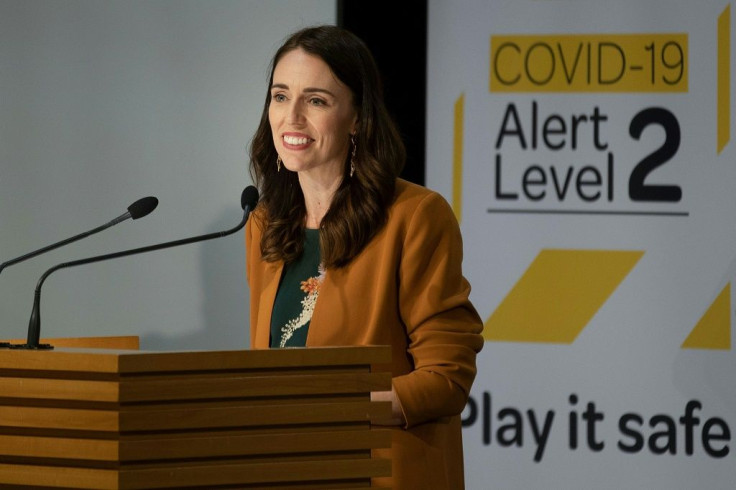How New Zealand Has Stopped COVID-19 Transmissions For 100 Days
It has been 100 days since New Zealand has reported a case of COVID-19 through community transmissions. Following a strict lockdown that was ordered in late March when there was a total of 100 cases, the country has been able to stop the spread of the coronavirus.
New Zealand has only reported a handful of cases over the last three months, according to the Associated Press, and those cases were from travelers who were quarantined after they arrived at the border.
New Zealand has reportedly implemented three types of safety measures to contain the highly contagious virus. The Conversation reported that the country was able to stop transmissions by monitoring case-based controls using testing, quarantine, and contact tracing.
Strict border controls were also put in place to stop those infected with COVID-19 from entering the country and a countrywide lockdown that mandated physical distancing to stop the spread was ordered.
Michael Baker, an epidemiologist at the University of Otago revealed that New Zealand was successful in protecting its people because the focus was to eliminate the coronavirus.
“It was good science and great political leadership that made the difference. If you look around the globe at countries that have done well, it’s usually that combination,” he explained.
Baker added, “The whole Western World has terribly mismanaged this threat, and they’re realizing this now.”
New Zealand’s Prime Minister Jacinda Ardern has been praised for her quick action to protect the country. Of the estimated 5 million people in the country, there have been a total of 22 COVID-19 related deaths and 1,500 cases of infection.
However, since Ardern has been able to go months without new cases, she has remained reluctant to reopen the borders despite the collapse of the international tourism industry.

© Copyright IBTimes 2025. All rights reserved.






















